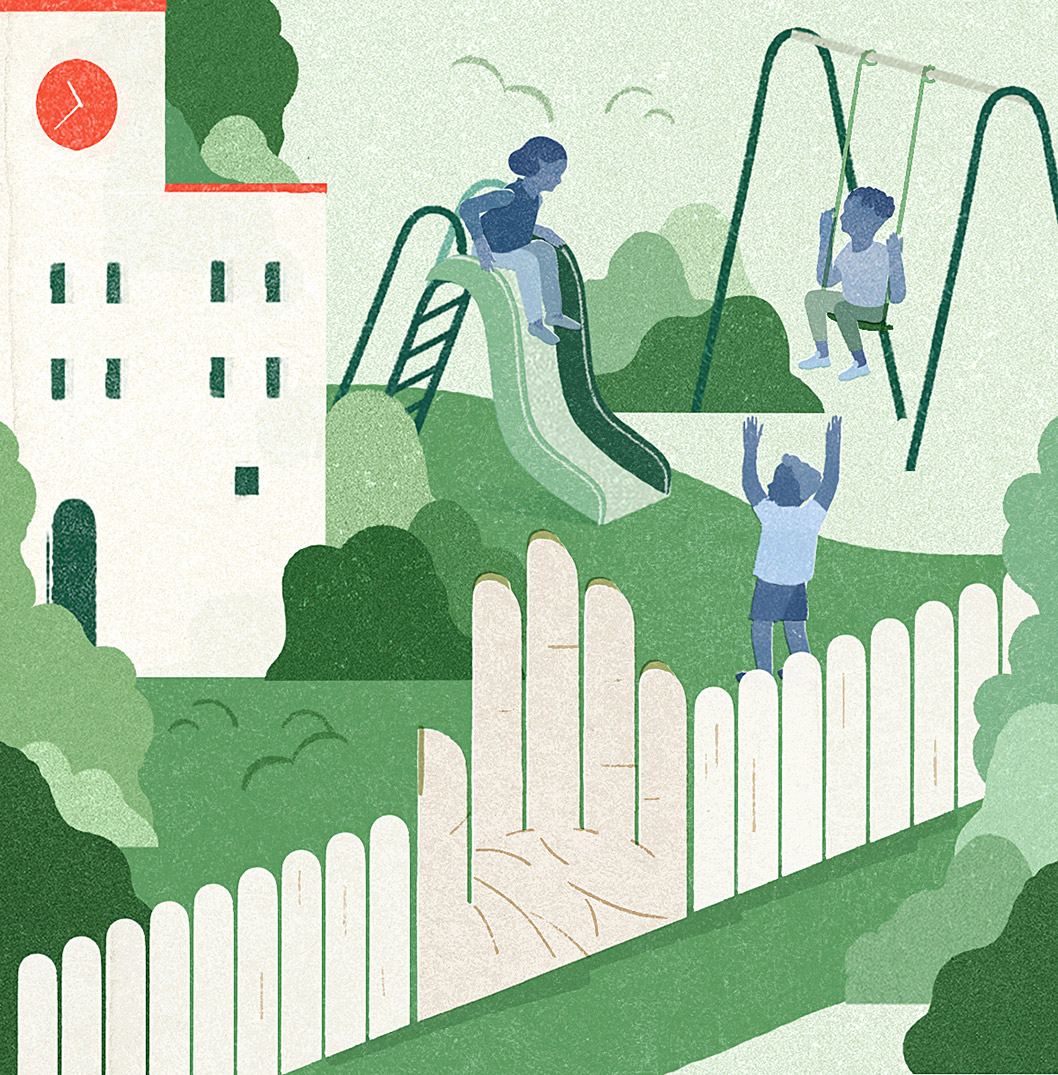In April 2006, officials of the Canada Border Services Agency entered a Toronto Catholic school and threatened to arrest two sisters, ages 14 and seven, if their parents – Costa Rican migrants denied refugee status a year prior – didn’t come to the school immediately and turn themselves in. It wasn’t the only such incident: according to media reports, two other Costa Rican children were arrested at another Toronto Catholic school, then taken with their mother and another sibling to a detention centre to await deportation.
The following year, the Toronto District School Board (which operates separately from the Toronto Catholic District School Board) unanimously passed the “Students Without Legal Immigration Status Policy,” a resolution that essentially pledged a “don’t ask, don’t tell” approach to enrolling children of undocumented migrants and preventing border officials from entering school premises.
At the time, Francisco Villegas had recently begun a PhD in sociology in education at OISE, co-supervised by Patricia Landolt, an immigration scholar who chairs UTSC’s department of sociology. Growing up, Villegas spent 15 years as an undocumented migrant in the U.S., eventually completing a graduate degree at San José State University that focused on undocumented students there and, as he puts it, “the interplay between hope and hopelessness.”
The undocumented experience becomes exponentially more dangerous the more people who know your status.
Soon after arriving in Toronto, Villegas waded into the controversy about the Canada Border Service Agency’s instances of nabbing children in schools. He served as a liaison between a network of advocacy groups, the Don’t Ask Don’t Tell Coalition and the TDSB as it worked on implementing the policy.
Villegas’s thesis focused on the TDSB’s implementation of the policy. “The policy was written in a straightforward way, but was implemented weakly,” says Villegas (PhD 2014). The ban, he observes, didn’t stop border officials from waiting outside schools. And the board provided little information for school administrators on staff training. Villegas also argues that the board’s approach of directing families with precarious status to complete their children’s registration at the TDSB’s head office discourages applicants and increases their sense of risk. “The undocumented experience becomes exponentially more dangerous the more people who know your status.”
Landolt observes that this step of registration offers insights into the subtle shift in the nature of borders. As Canada brings a growing number of people in through temporary worker programs, the task of checking migration status falls increasingly, by default, to employers or civil servants in public institutions such as the City of Toronto – as opposed to immigration and consular officials at official ports of entry. The border “becomes diffuse and downloaded,” she says. Villegas adds that the TDSB, in effect, became a border zone for families with precarious status because of the documents and processes necessary to enrol students.

The Migrant Mothers Project
The Migrant Mothers Project was established as a research project by Prof. Rupaleem Bhuyan of U of T’s Faculty of Social Work with a network of service providers, legal advocates, community health workers and grassroots organizations. In 2014, project members held a community forum and co-wrote policy briefs to outline rights for undocumented students, and how to advocate for their rights.
The Migrant Mothers Project:
- Developed education for front-line workers;
- Reviewed federal, provincial and municipal policies that shape access to services for students lacking stable immigration status;
- Developed an intersectional framework for federal and provincial policies.
This is one of a five-part series entitled “In Search of Safe Refuge,” covering issues of health care, employment, detainment, shelter and education for refugees and migrants in Canada.






